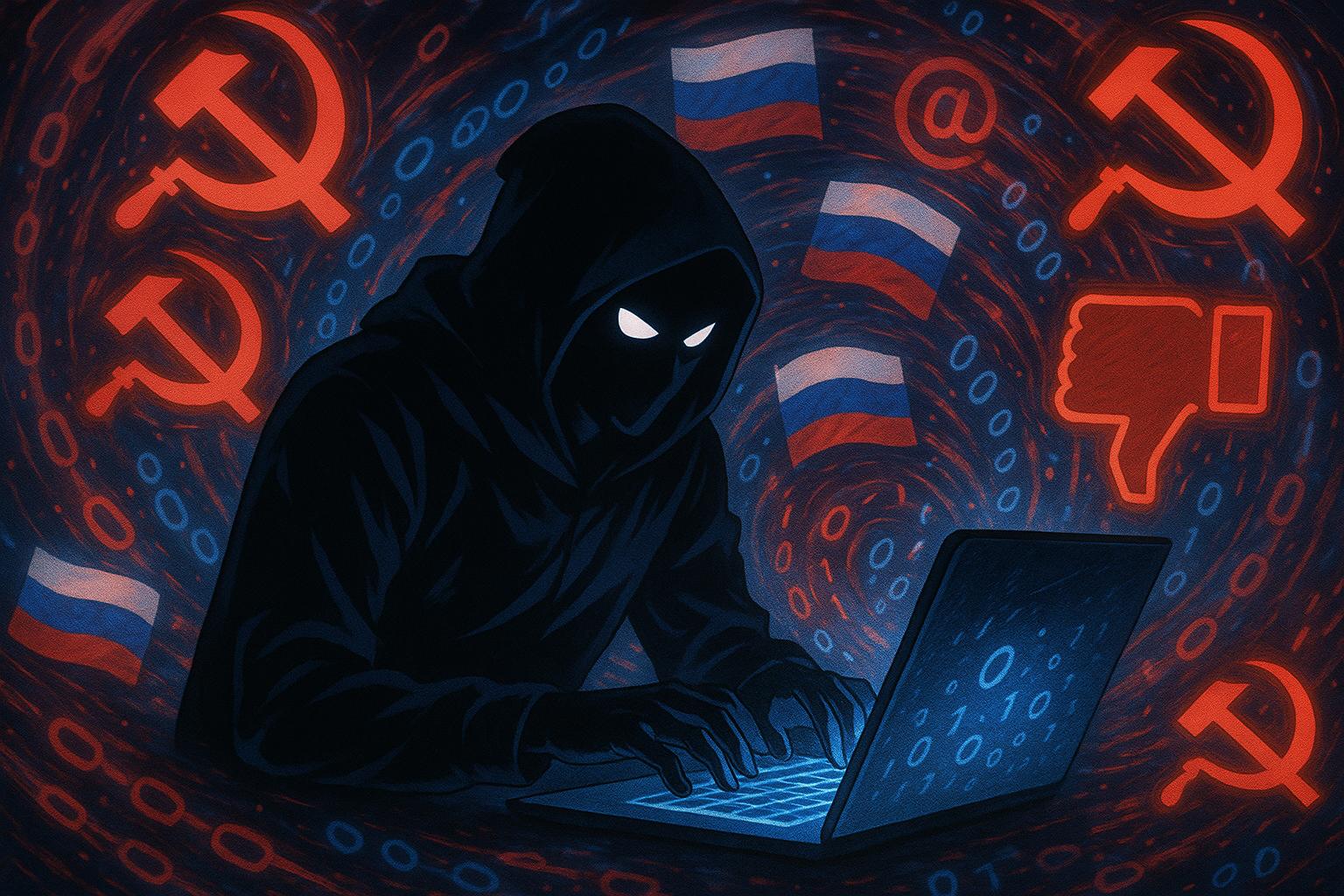Over the past year, pro-Russian narratives have intensified online, particularly across blogging platforms like Substack and various personal websites, primarily authored by individuals based in the UK and Europe. This surge reflects a troubling trend wherein narratives closely mirroring Kremlin messaging are increasingly disguised as independent analysis or personal commentary.
An analytical review reveals a striking consistency among these blogs, which frequently publish near-identical content blaming NATO for the Ukraine conflict, disparaging Ukrainian leadership, and portraying the European Union as self-sabotaging. The near-daily output of these posts suggests a level of coordination that raises suspicions regarding the authenticity of their independence. The systematic replication of these themes indicates a possible reliance on deliberate Kremlin talking points or, potentially, a shared support network.
Moreover, the frequency of posts raises questions about the authenticity of such prolific output. For many solo bloggers, consistently producing well-structured, lengthy articles would be a considerable challenge. However, these bloggers appear to maintain not only volume but also a consistent narrative arc, suggesting the strong possibility of AI-generated content. The usual signs, such as repetitive phrasing and awkward syntax, hint at the employment of language models like ChatGPT for mass-producing these narratives.
The incorporation of AI-generated content poses significant risks in the digital information landscape. The formulaic style and saturation of pro-Russian messages contribute to an overwhelming online presence, creating an illusion of widespread grassroots support for these narratives. This manipulation is strategically designed to create a façade of legitimacy, thereby blurring the lines between genuine dissent and orchestrated propaganda.
Interestingly, some bloggers have opted to switch to Russian when discussing certain contentious issues, particularly those framing Ukraine as neo-Nazi or critiquing Western military aid. While most content remains in English, this linguistic shift targets Russian-speaking audiences, reinforcing connections to the Kremlin's domestic propaganda aims. This dual-lingual strategy enhances the narratives' authenticity and effectively reaches both local and diasporic audiences.
An unsettling question emerges: are these bloggers unwittingly contributing to disinformation efforts, or are they knowingly amplifying state-sponsored narratives? The uniformity of messaging and the capability to generate high-frequency content suggest a more deliberate engagement with disinformation strategies. Whether motivated by ideology, financial incentives, or direct links to pro-Kremlin networks, these writers are undeniably functioning as force multipliers within the broader disinformation narrative.
The cumulative effect of this coordinated blogging is a distorted information landscape that shapes reader perceptions, often without their awareness of the origins of the content. This technique of saturation serves not only to mislead but also to challenge the notion of democratic discourse by reinforcing misleading narratives under the guise of independent observation.
This wave of pro-Russian blogs represents not a spontaneous movement but a calculated effort to undermine the conventional information ecosystem. The patterns of output, combined with the strategic use of AI and language manipulation, point to a sophisticated campaign of information warfare that is undermining trust in democratic institutions and societal cohesion.
The implications of these tactics extend beyond mere propaganda; they actively seek to destabilise public trust in democratic processes, particularly in light of upcoming European elections set to take place in June 2024. As 360 million voters prepare to select their representatives, concerns mount over possible foreign interference and disinformation campaigns. The introduction of the Digital Services Act intends to address these pressing issues, yet challenges persist, especially as emerging technologies heighten the potential for deception.
Europe continues to confront a barrage of disinformation efforts from Russia, exemplified by notorious operations such as deepfake videos and coordinated networks designed to erode public confidence. As concerns about the integrity of electoral processes grow, the need for increased vigilance, regulatory measures, and public awareness becomes ever more critical. The unfolding situation exemplifies the precarious balance between freedom of expression and the safeguarding of democratic values in an increasingly complex and interconnected digital landscape.
Reference Map
- Paragraphs 1, 2, 3, 4, 5, 6
- Paragraph 7
- Paragraph 8
- Paragraph 9
- Paragraph 10
- Paragraph 11
Source: Noah Wire Services
